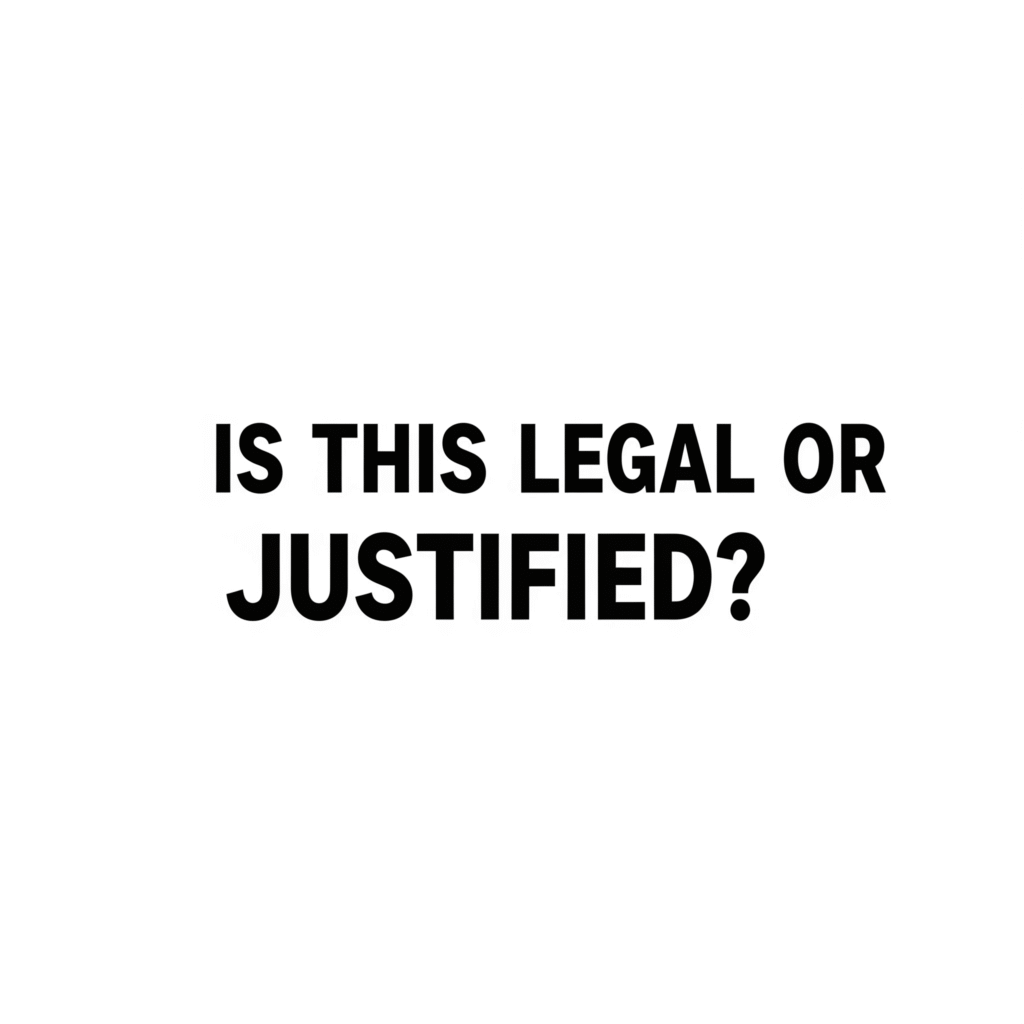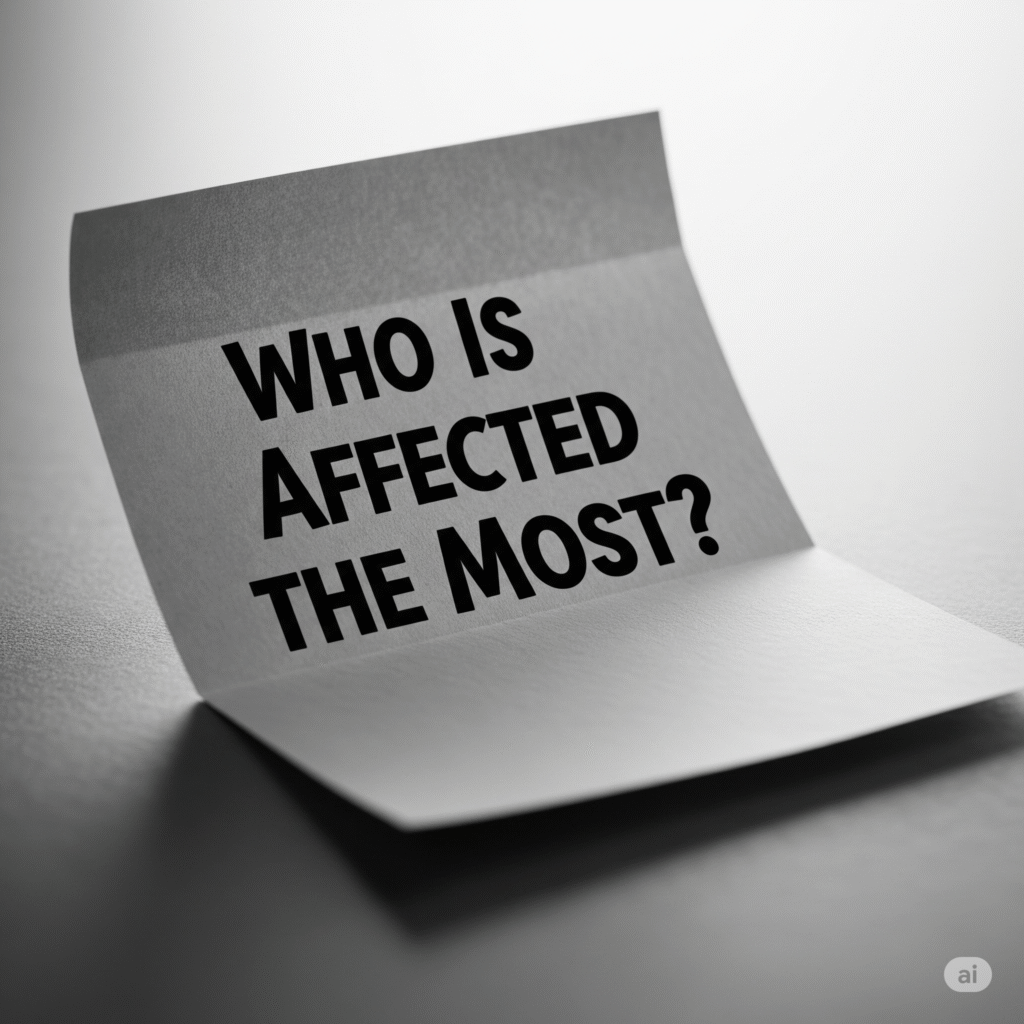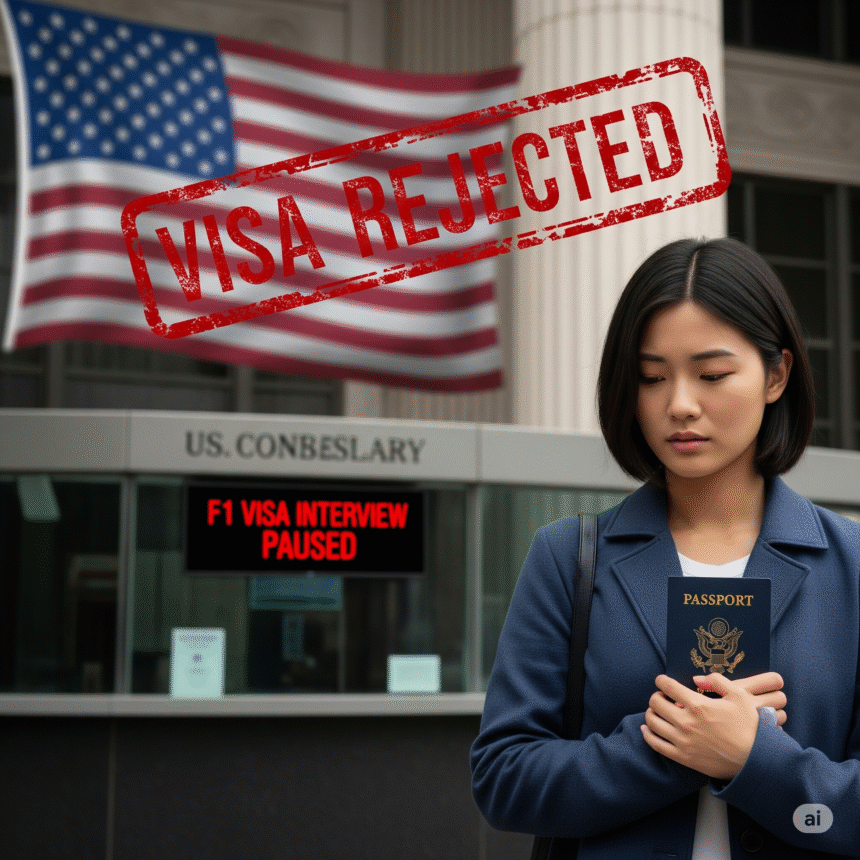F1 Visa Rejections are happening in seconds, leaving students shocked. Learn what’s causing rapid denials and how to avoid common mistakes in 2025.
A growing number of international students are reporting swift rejections of their F1 visa Rejections applications—some allegedly dismissed within just 10 seconds. A recent spike in visa denials, especially at US consulates in India, has sparked concern, frustration, and confusion across student communities and social media platforms like Reddit. The issue comes amid increasing scrutiny and policy tightening around US student visas, raising questions about the future of American education for international applicants.
What Is an F1 Visa and Why Is It Important?
The F1 visa is a non-immigrant visa that allows international students to pursue academic programs in the United States. For thousands of students each year, it represents a gateway to global education, professional opportunities, and personal growth.
What Changed? Understanding the Crackdown
Recent changes in visa processing policy appear to be driven by security concerns and administrative directives, reportedly initiated under the Trump-era policy framework but continuing under current leadership.
1. Immediate Freeze on New Appointments
Reports suggest that new interview slots for F, M, and J visas have been paused at several US consulates. Those without existing appointments may have to wait indefinitely.
2. Social Media Vetting
Consular officers now reportedly review applicants’ social media activity as part of their background checks, evaluating posts, comments, and associations for any potential red flags.
3. Fast-Tracked Rejections Under 214(b)
Applicants claim they are being rejected under Section 214(b)—a clause used when visa officers believe the applicant has failed to prove strong ties to their home country—with barely any questions asked.
What Are Students Saying?
Online communities like Reddit’s r/studyAbroad and r/USCIS are flooded with posts from students sharing experiences of abrupt rejections.
“The officer barely let me speak. I started answering, and she handed me the rejection form,” said a student who attended an interview in Mumbai.
The emotional toll is significant—many students have invested years of academic preparation, financial resources, and dreams into their US education plans.
Is This Legal or Justified?

Understanding 214(b)
Section 214(b) allows consular officers to deny visas if the applicant cannot prove they will return to their home country after studying. However, critics argue the clause is too vague and is now being used too liberally.
Lack of Transparency
Applicants are often not told the exact reason for their rejection, nor are they given a chance to explain or appeal. This lack of transparency has drawn criticism from immigration attorneys and educators alike.
Broader Context: Security or Politics?
Some experts suggest the visa tightening is part of a broader shift in US immigration policy that emphasizes national security, especially following a recent USCIS update warning about ideological threats and antisemitism.
While protecting national interests is valid, critics argue that genuine students are being caught in the crossfire of political narratives.
Who Is Affected the Most?

1. Indian and South Asian Applicants
India sends over 200,000 students annually to the US, many of whom are now left in limbo.
2. STEM Students
Tech and science students—critical to US industries—are being affected disproportionately, raising concerns in Silicon Valley and academia.
3. Students Without Prior Appointments
Those who didn’t book slots before the freeze are facing uncertainty with no guidance on future timelines.
also read: Air Force Academy Cadet Killed in Jet Ski Crash: 2 Detained, Including Accused Undocumented Driver
How US Universities Are Reacting
American institutions rely heavily on international students for both academic diversity and economic sustainability. Several top universities have expressed concern, calling for more consistent and transparent policies.
Some schools are now helping affected students explore options like deferrals, transfers to other countries, or legal consultations.
Should Social Media Determine Your Visa?
The idea of screening applicants based on Instagram posts or Twitter likes has sparked outrage and fear.
Critics argue:
- It’s not a reliable measure of intent or threat.
- It violates privacy and encourages censorship among students.
- It disproportionately affects young people, who often post content casually.
🚫 F1 Visa Rejected?
Don't rush to reapply! 💡
Wait until there's a significant change in your profile—better documents, scores, or clarity in purpose.
🎓 Rejections in seconds are real. So is the power of preparation.#F1Visa #StudentVisa #StudyInUSA #USVisa #VisaTips pic.twitter.com/f0zKmw0ku5
— USA UPDATES (@usaupdatessite) May 28, 2025What Can Students Do Now?
✅ Stay Updated
Check embassy announcements, travel.state.gov, and verified social channels regularly.
✅ Keep Your Digital Footprint Clean
Avoid controversial posts, set your accounts to private, and ensure all personal information aligns with your visa documents.
✅ Consider Other Study Destinations
Countries like Canada, UK, and Australia currently offer more stable visa paths for international students.
✅ Seek Legal Help
If your visa was unfairly denied, consult an immigration lawyer before reapplying.
Conclusion
The recent wave of F1 visa denials highlights a concerning shift in how the US is treating its future international students. While national security is important, blanket rejections without due diligence risk damaging America’s global educational leadership. Until more clarity emerges, students must prepare, stay informed, and explore all available pathways.
FAQs
Q: Why are F1 visas being rejected so quickly?
A: Many students report abrupt 214(b) rejections without full interviews, possibly due to increased scrutiny and social media vetting.
Q: Does this affect all countries?
A: While students from many countries are affected, Indian applicants seem to be hit the hardest due to high volume.
Q: What does Section 214(b) mean?
A: It means the officer believes you didn’t prove enough strong ties to your home country—usually based on subjective judgment.
Q: Should I delete my social media before applying?
A: No need to delete, but ensure your content reflects maturity and doesn’t raise red flags.
Q: Is this crackdown temporary?
A: There’s no official timeline for lifting the pause on interviews. Watch for embassy updates.
ee







